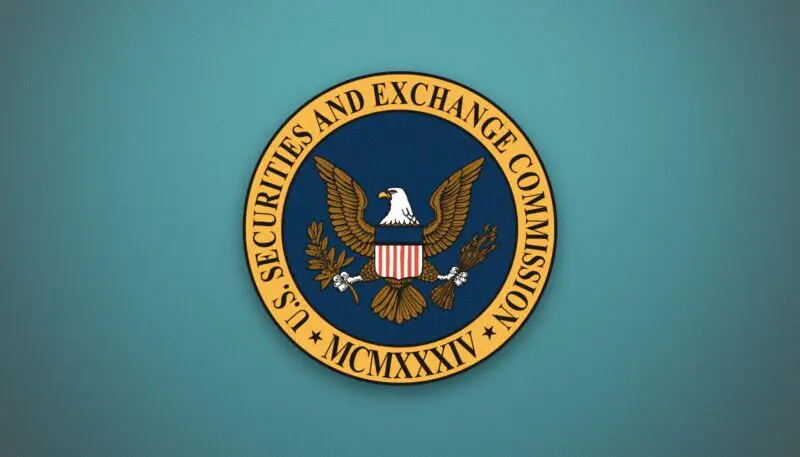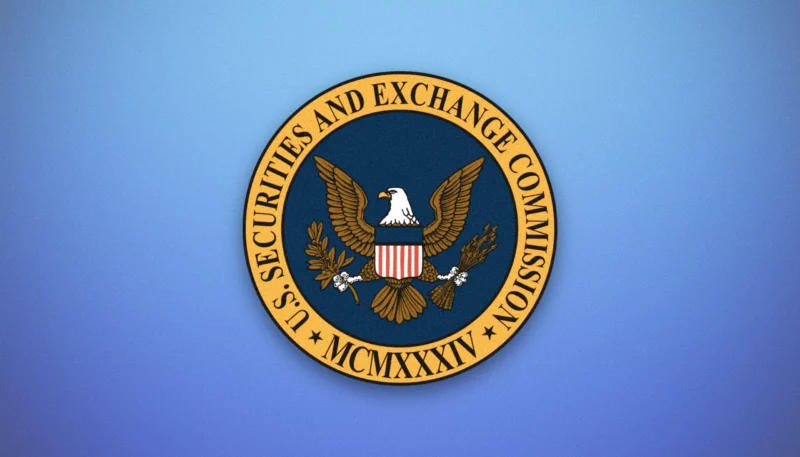As most people involved in the investment management industry know, many private investment fund managers will soon be required to register as investment advisers with the SEC, unless they meet certain exemptions, such as the so-called “private fund adviser exemption,” which exempts private fund managers who manage under $150 million in assets or the “venture capital exemption,” which exempts fund managers who solely manage venture capital funds. As I have previously written, even when a fund manager qualifies for one of these exemptions, it may still be required to file an abbreviated Form ADV with the SEC as a “exempt reporting adviser.” In addition, since many fund managers had previously relied on exemptions from state registration which were conditioned on a fund manager qualifying for the federal 15-client exemption, which was repealed by the Dodd-Frank Act, they may also be required to register with their state securities commissioner. Furthermore, we can expect that some of those states which currently have exemptions for private funds which are unchanged from the repeal of the 15-client exemption may begin to modify their laws to require more private fund managers to register with the state securities administrator. Along these lines, the North American Securities Administrators Association (NASAA) recently published a model rule which complements the federal rules and addresses when a fund manager exempt from federal registration is also exempt from state registration.
Every state, except Wyoming, has a statute regulating investment advisers (usually contained in that state’s version of the Uniform Securities Act). These statutes require that investment advisers must register with the state securities administrator if they have more than 5 clients in that state or they have a place of business in that state. Each state often has their own exemptions from registration. In addition, if an adviser must register with the SEC because of the federal Investment Adviser Act of 1940, then they are not required to register with any state, because the state investment adviser statutes are preempted in such instance. An adviser that manages only private funds will generally by considered to be doing business solely in the state where it has a physical presence, because it is the private fund that is considered to be the client, not the investors in the fund. Therefore, any exempt private fund managers, once they have satisfactorily established that they are entitled to an exemption from federal registration, should review their state’s investment adviser statute to determine if they need to register.
Unfortunately, that is somewhat difficult right now because this area of law is quickly changing. Because the registration exemptions on the federal level have changed, many state laws are changing as well, either deliberately in response to federal law changes or unintentionally because private funds had previously relied on exemptions which in turn relied on the now-repealed 15-client exemption. Previously, the NASAA published a model rule which would have limited the benefit of the federal private fund adviser exemption and the venture capital fund exemption. The original proposed rule only exempted managers of so-called “3(c)(7)” funds, which are fund open to investment only to qualified purchasers.[1] Under this original proposal, even if a fund manager was covered by one of the federal exemptions, they will still end up being required to register with their state securities administrators if some of their investors did not meet the qualified purchaser standard. This would effectively require most private fund managers who open their funds to accredited investors to register with their state securities commissioner.
After receiving considerable negative feedback on this proposal, the NASAA revised its proposed model rule to reflect the following:
- All venture capital funds and 3(c)(7) funds will be exempt, provided that they file the same reports as an exempt reporting adviser and pay any required notice filing fees.
- All other 3(c)(1) funds[2] are also exempt, as long as they: (1) only accept investments from qualified clients[3], (2) the fund gives the investors certain disclosures related to the relationship between the fund manager and the investor, and (3) the fund manager sends to the investors annual audited financial statements.
- Employees of fund managers exempt under this rule will not have to register as investment adviser representatives.
How many states adopt this approach remains to be seen. In future posts, I will begin to review the current status of the law in each state, regarding exemptions from investment adviser registration for private fund managers. Stay tuned.
Footnotes
[1] The definition of “qualified purchaser” is quite extensive, but in general, a qualified purchaser is a natural person who has investments in excess of $5 million or a corporation with investments in excess of $25 million.
[2] A 3(c)(1) fund is a fund that is not required to limit itself to qualified purchasers as investors. Instead, it must limit itself to under 100 investors. Because of other sections of securities law, the investors will usually be required to be accredited investors.
[3] Not to be confused with a qualified purchaser. A qualified client is someone with a net worth (excluding their home) of at least $1.5 million or someone who has at least $750 million under management with the adviser. See this previous post for a more complete description of the term “qualified client.” Also, the amounts are soon set to increase to a $2 million net worth or $1 million under management.
———————————–
© 2011 Alexander J. Davie — This article is for general information only. The information presented should not be construed to be formal legal advice nor the formation of a lawyer/client relationship.




